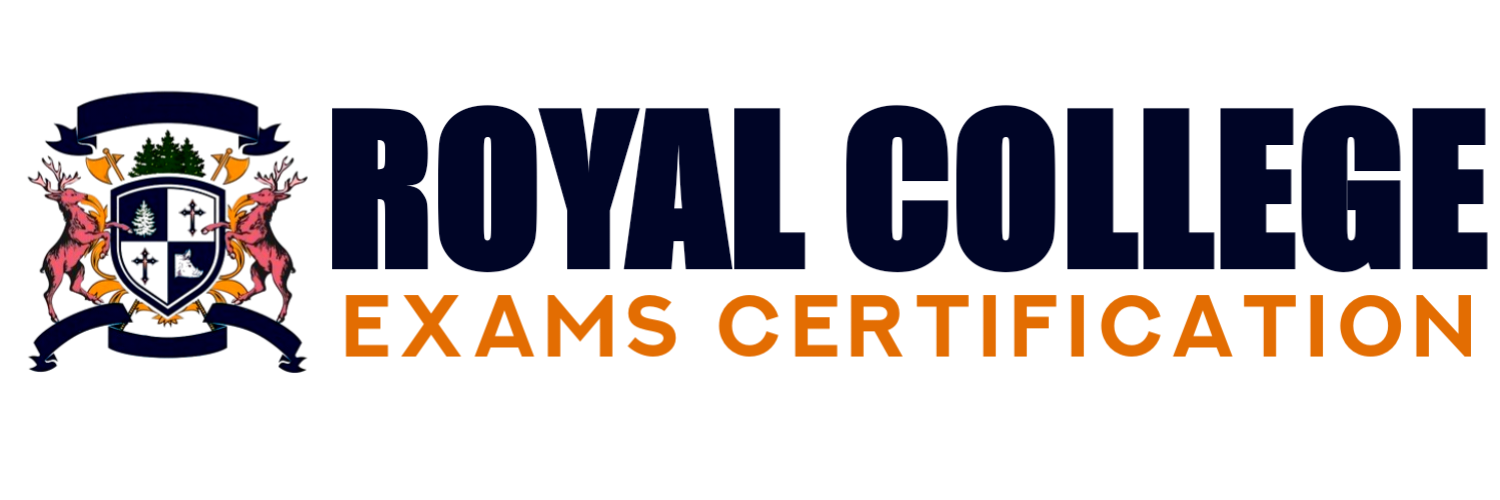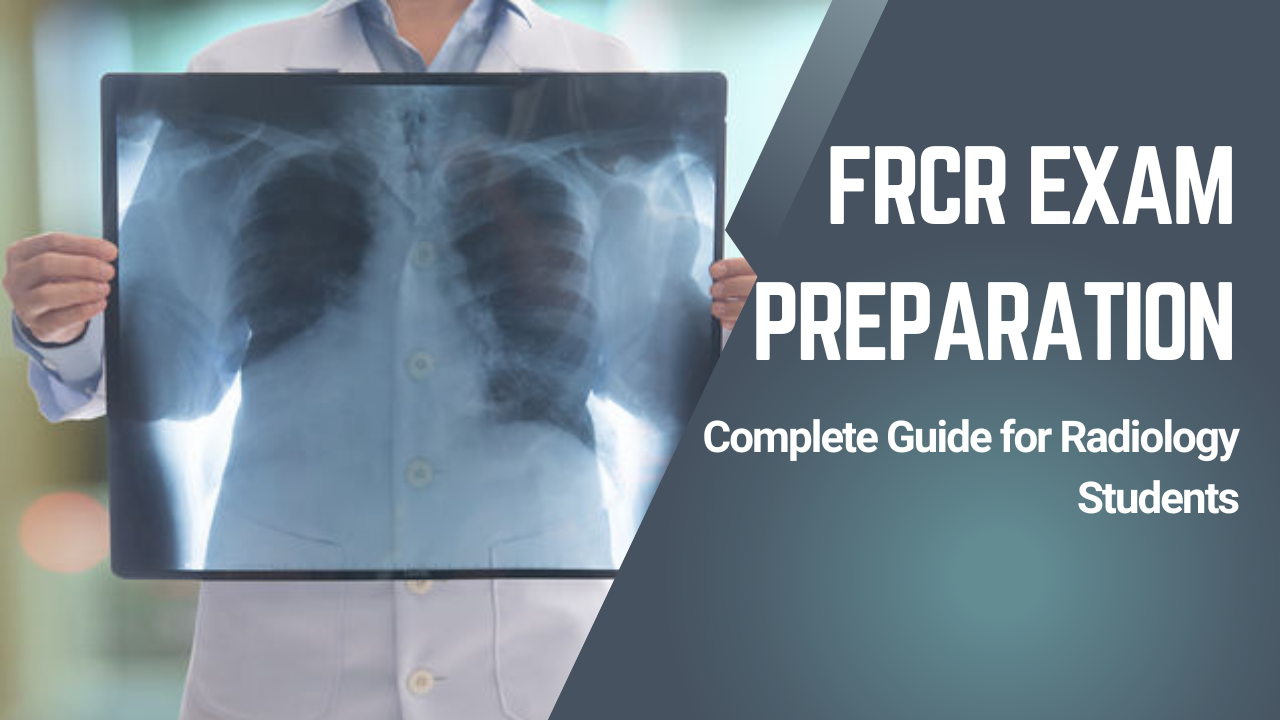Veterinary medicine is a constantly evolving field, and professionals are expected to keep up with the latest knowledge, techniques, and standards of care. For vets in the UK, one of the most respected postgraduate options for career development is the RCVS Certificate in Advanced Veterinary Practice (CertAVP).
Awarded by the Royal College of Veterinary Surgeons (RCVS), this qualification allows veterinary surgeons to specialize, gain professional recognition, and unlock new career opportunities. If you are considering advancing your career with an RCVS certificate course, this guide explains everything you need to know — including eligibility, cost, benefits, modules, and career pathways.
What Is an RCVS Certificate?
The RCVS certificate courses are postgraduate veterinary qualifications designed to provide deeper knowledge and practical skills in specific areas of veterinary practice. Unlike a standard CPD course, the certificate is a structured program recognized across the UK and internationally.
The most popular course is the Certificate in Advanced Veterinary Practice (CertAVP). This modular qualification helps vets:
- Build advanced expertise in chosen fields
- Gain recognition as an RCVS Advanced Practitioner
- Improve confidence in clinical decision-making
- Enhance their career prospects
Specializations Available
RCVS certificate courses cover a wide range of veterinary disciplines, such as:
- Small Animal Medicine
- Small Animal Surgery
- Equine Practice
- Farm Animal Practice
- Veterinary Public Health
- Exotic Animal Medicine
- Emergency and Critical Care
- Diagnostic Imaging
This flexibility allows vets to tailor their studies to their career goals.
Why Pursue an RCVS Certificate?
Veterinary professionals often consider the RCVS CertAVP as a way to stand out in a competitive industry. Here are some major reasons why it’s worth pursuing:
1. Professional Recognition
Completing the course and applying for RCVS Advanced Practitioner status gives you a mark of distinction, demonstrating to employers and clients that you possess specialist-level knowledge.
2. Career Development
The qualification can open doors to senior positions in clinical practice, academia, research, and even governmental roles in veterinary public health.
3. Higher Earnings
Specialists often enjoy better earning potential due to their advanced expertise, especially in referral practices or niche clinical areas.
4. Flexibility
The modular design of the course means you can complete it while continuing to work full-time, usually over 2–5 years.
5. Confidence and Client Trust
An RCVS certificate improves your ability to manage complex cases, which increases client confidence and enhances your professional reputation.
Eligibility for RCVS Certificate Courses
Before you start, you need to ensure that you meet the RCVS eligibility requirements.
- You must be a qualified veterinary surgeon registered with the RCVS.
- Overseas vets who qualify for RCVS registration are also eligible.
- The program is mainly for veterinary surgeons, although nurses have other postgraduate study options.
- Some modules may require prior experience in clinical practice before enrollment.
💡 Tip: If you’re an international vet, confirm with the RCVS whether your current registration meets the eligibility criteria.
Course Structure and Duration
The RCVS CertAVP is known for its flexibility, making it a practical choice for busy veterinary professionals.
Modular Structure
- A Modules (Core): Cover professional skills, evidence-based veterinary medicine, and clinical governance.
- B Modules (Foundations): Provide knowledge in your chosen area, such as small animal medicine or equine orthopedics.
- C Modules (Electives): Allow deeper specialization in areas like emergency medicine, surgery, or diagnostic imaging.
Duration
- Most vets complete the qualification in 2 to 5 years.
- Modules are assessed through coursework, case studies, and reflective essays.
- You can progress at your own pace, depending on your workload and commitments.
Cost of RCVS Certificate Courses
The cost of pursuing an RCVS certificate in advanced veterinary practice varies depending on the provider and number of modules taken.
- RCVS Registration Fee: Around £1,500–£1,800 for enrolling in the certificate framework.
- Module Costs: Between £800 and £1,200 per module, depending on the university or training provider.
- Total Cost: On average, between £6,000 and £10,000 for the complete course.
💡 Many employers in the UK sponsor their vets for these courses as part of career development programs. If you’re working in a large practice or referral hospital, it’s worth asking about financial support.
Benefits of RCVS Certificate Courses
The benefits of RCVS certificate courses go far beyond academic achievement.
- Recognition as an Advanced Practitioner
- Enhanced clinical skills and confidence
- Improved career progression opportunities
- Stronger reputation with clients and peers
- Increased ability to handle complex cases
- Networking with veterinary specialists and academics
Career Opportunities After an RCVS Certificate
One of the biggest draws of the RCVS certificate courses is the wide range of career opportunities that follow.
- Specialist Clinical Roles
Work as a referral vet in areas like surgery, medicine, or exotics. - Teaching & Research
Veterinary schools often prefer staff with advanced qualifications. - Public Health & Government Roles
Opportunities in food safety, disease control, and veterinary public health. - International Careers
The RCVS certificate is respected worldwide, making it easier to work abroad.
RCVS Certificate vs Other Postgraduate Veterinary Qualifications
Veterinary professionals often compare the RCVS CertAVP with MSc or PhD programs.
- RCVS Certificate: Clinical focus, modular, directly applicable in practice.
- MSc: Research-oriented, broader academic focus.
- PhD: Primarily for careers in research or academia.
If you want to remain in clinical veterinary practice, the RCVS certificate courses are usually the most relevant.
How to Apply for an RCVS Certificate
Applying for the RCVS CertAVP is straightforward:
- Register for the CertAVP framework with RCVS.
- Select your modules based on career interests.
- Enroll with an accredited university or training provider.
- Complete coursework, case logs, and assessments.
- Submit work to the RCVS for approval.
Tips for Success in RCVS Certificate Courses
- Plan ahead: Balance coursework with clinical duties.
- Seek mentorship: Senior colleagues can guide you.
- Stay organized: Keep a study schedule.
- Use CPD wisely: Align CPD activities with your modules.
- Employer support: Ask about funding and study leave.
Conclusion
The RCVS certificate courses are one of the best ways for vets in the UK — and internationally — to specialize, gain recognition, and advance their careers. While the commitment in terms of cost and time is significant, the benefits in career development, client trust, and earning potential are well worth it.
Whether you dream of becoming an RCVS Advanced Practitioner, moving into teaching, or working in specialized clinical practice, the RCVS certificate in advanced veterinary practice is a trusted pathway that can transform your veterinary career.






